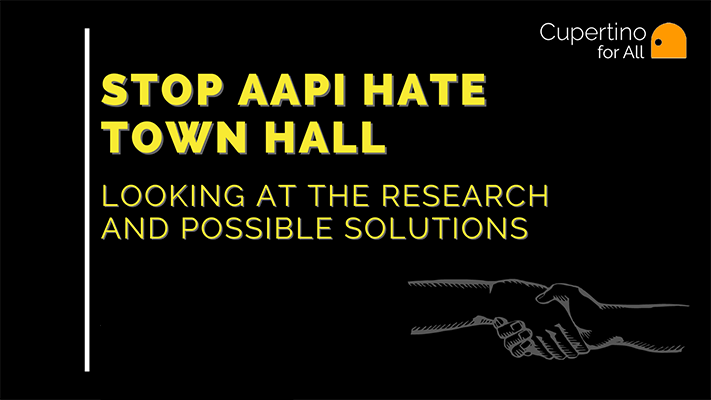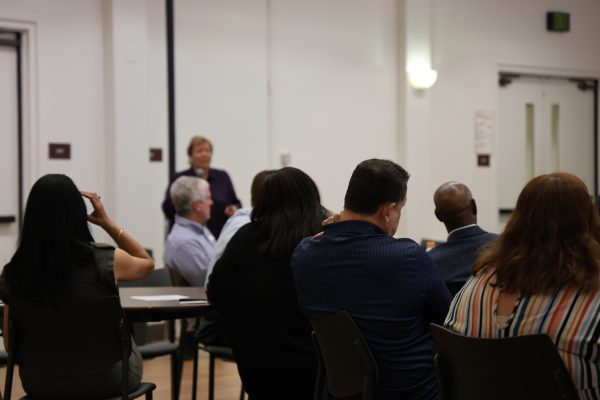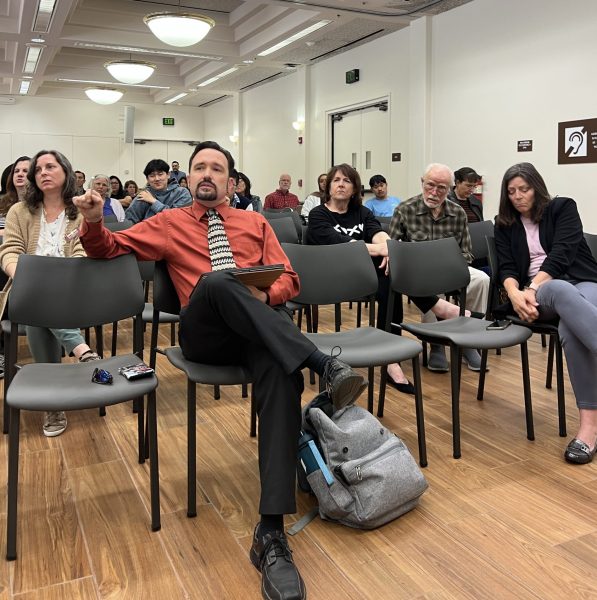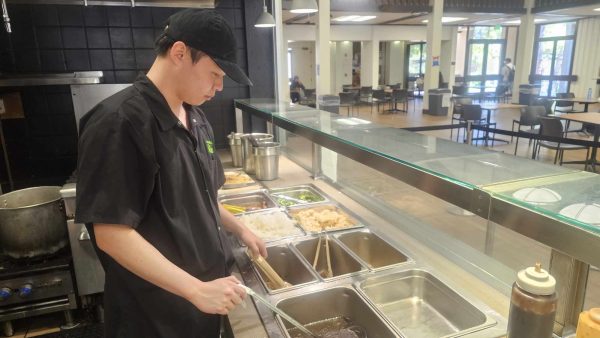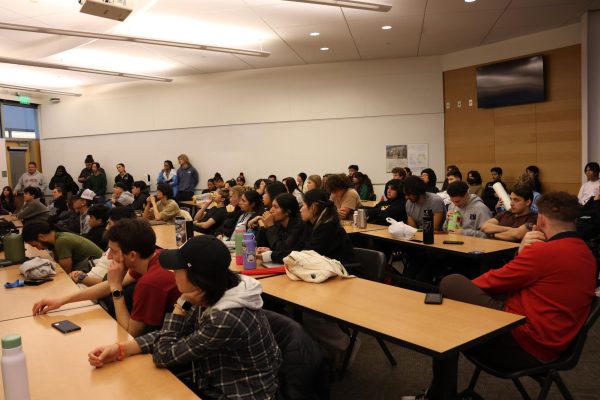Town hall proposes restorative justice to heal present and past anti-Asian racism
Anti-Asian racism did not begin during the pandemic, said researcher Richard Lim in an online town hall on April 17, hosted by the inclusive housing organization Cupertino for All.
“It’s not just the COVID-19 pandemic,” said Lim, who researches for Stop AAPI Hate Reporting Center. “This particular moment has really highlighted the amount of violence that Asian Americans face on a daily basis. It’s not isolated to this moment.”
In a discussion that lasted nearly two hours, Lim walked Cupertino residents through a timeline of Asian American history, including the exclusion of Chinese immigrants in the 19th century, the internment of Japanese Americans during World War II, and the murder of Vincent Chin in 1982.
Lim explained that these moments illustrate a broader pattern of racism in American, countering the myth of the “model minority,” which pits Asian Americans against other communities of color.
“The ‘model minority’ myth makes invisible the more vulnerable experiences that so many Asians face on a daily basis,” Lim said. “Cupertino is not representative of the entire Asian American experience.”
Neil Park-McClintick agreed.
“The perception that Asians are thriving (as a whole) is dangerous,” said McClintick, the chair for Cupertino for All.
Park-McClintick and Lim added that efforts to combat anti-Asian racism should center on restorative justice, which emphasizes repairing the harm caused by criminal behavior through cooperation between the victim and offender.
“We really want to avoid reinforcing this public narrative that builds up the American incarceration state,” Lim said. “If we want to build meaningful safety and security, that can only be found in solidarity with our (community) and other communities of color.”
More information about anti-Asian racism can be found here.
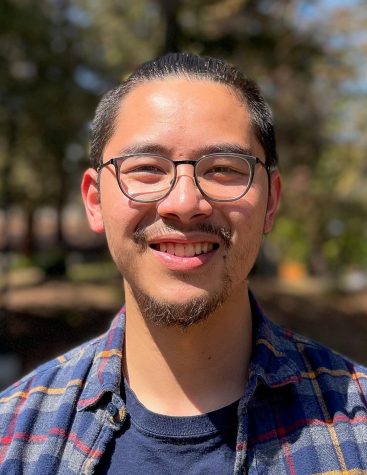
Kevin Vu Nguyen is a returning student journalist and editor at La Voz, formerly serving as Editor-in-Chief. He is a proud alum of both De Anza and Foothill...



